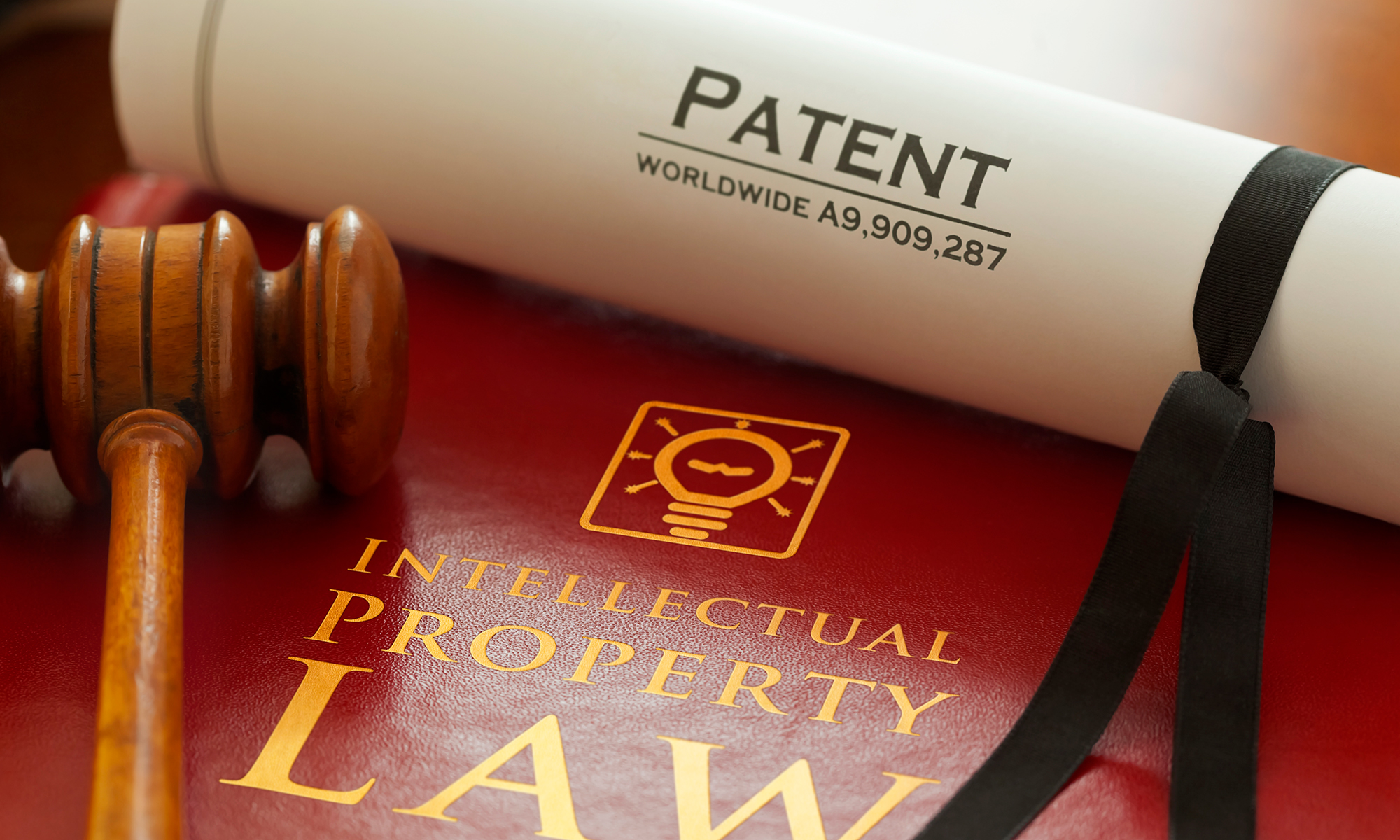A panel of judges at the Patent Trial and Appeal Board (“the Board”) recently estopped a Petitioner from joining a petition for inter partes review under 35 U.S.C. § 315(e)(1). The panel’s order denying institution and joinder is notable for its interpretation of the Federal Circuit’s decision in Shaw Industries Group v. Automated Creel Systems, Inc. 817 F.3d 1293 (Fed. Cir. 2016). The panel’s interpretation is markedly different from an earlier application of that case by Judge Robinson of the U.S. District Court for the District of Delaware.
Prior to filing the petition and motion for joinder at issue, Petitioner Great West Casualty Company (“Great West”) filed four petitions requesting review of U.S. Patent No. 7,516,177 (“the ’177 Patent”). See IPR2015-01706, IPR2015-01707, CBM2015-00171, IPR2016-00453. The Board instituted two of those petitions and consolidated the proceedings for trial (the “Great West Trial”). In a final written decision issued January 17, 2017, the Board held that several claims of the ’177 Patent were invalid.
During the pendency of the Great West Trial, Oracle America Inc. (“Oracle”) filed a petition for inter partes review (the “Oracle Review”) of the ’177 Patent on grounds that were different from the grounds previously raised by Great West. Upon institution of the Oracle Review but before a final written decision issued in the Great West Trial, Great West filed a petition for inter partes review substantially identical to Oracle’s petition and motion to join the Oracle Review.
One of several issues raised by this fact pattern was whether, as a petitioner who had received a final written decision in a previous proceeding against the ’177 Patent, Great West was estopped under § 315(e)(1) from bringing its new petition and motion for joinder. Relying on the Federal Circuit’s decision and Shaw Industries, Great West argued that it was not estopped.
In Shaw Industries, the Federal Circuit held that a petitioner is not estopped from later raising an invalidity challenge on a ground that was brought in a petition but denied institution. The Federal Circuit reasoned that because the petitioner could not have raised that ground during the inter partes review, estoppel did not attach. In other words, because an inter partes review begins with an institution decision, the estoppel of § 315(e)(1) – “reasonably could have raised during that inter partes review” – is limited to those grounds actually litigated after an institution decision. Extending this logic, Great West argued that it could not have raised the grounds of Oracle’s petition during its prior proceeding (i.e. – after an institution decision) and Great West was therefore not estopped from raising those grounds now.
The panel disagreed. The panel found that the Federal Circuit holding in Shaw Industries was limited to only those grounds raised in a petition but denied institution. To apply the logic of Shaw to the grounds that were never raised would “render superfluous” certain estoppel provisions of § 315(e)(1). The panel therefore found Great West to be estopped, and denied institution of Great West’s latest petition.
The panel’s interpretation of Shaw Industries is in conflict with that of a recent decision by Judge Robinson. The panel was cognizant of this discord, acknowledging Judge Robinson’s decision but ultimately concluding that Judge Robinson’s reasoning would not be adopted by the panel:
[W]hile the Board has considered the relevant portions of [Judge Robinson’s] decision, and respectfully accord it all due deference, we are unpersuaded that the district court’s reasoning should be adopted here.
The reach of Shaw Industries thus remains a topic of debate and disagreement. For the panel in Great West Casualty Co., that reach is limited to grounds raised in a petition but denied institution. As a result, for the moment a more robust estoppel appears to apply to at least one panel at the Board than, for example, in the District of Delaware.
The case is Great West Casualty Co., et al., v. Intellectual Ventures II LLC, Case IPR2016-01534, Paper 13 (P.T.A.B. Feb. 15, 2017).
